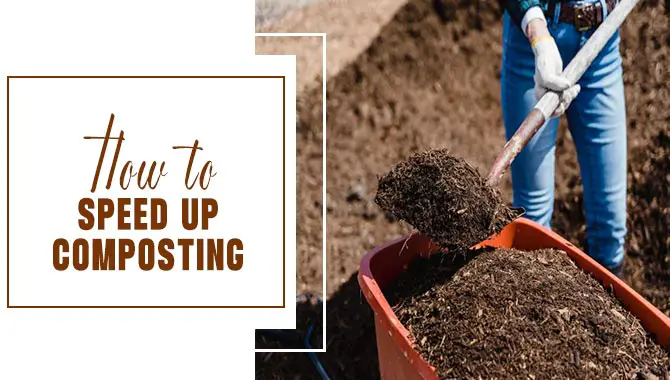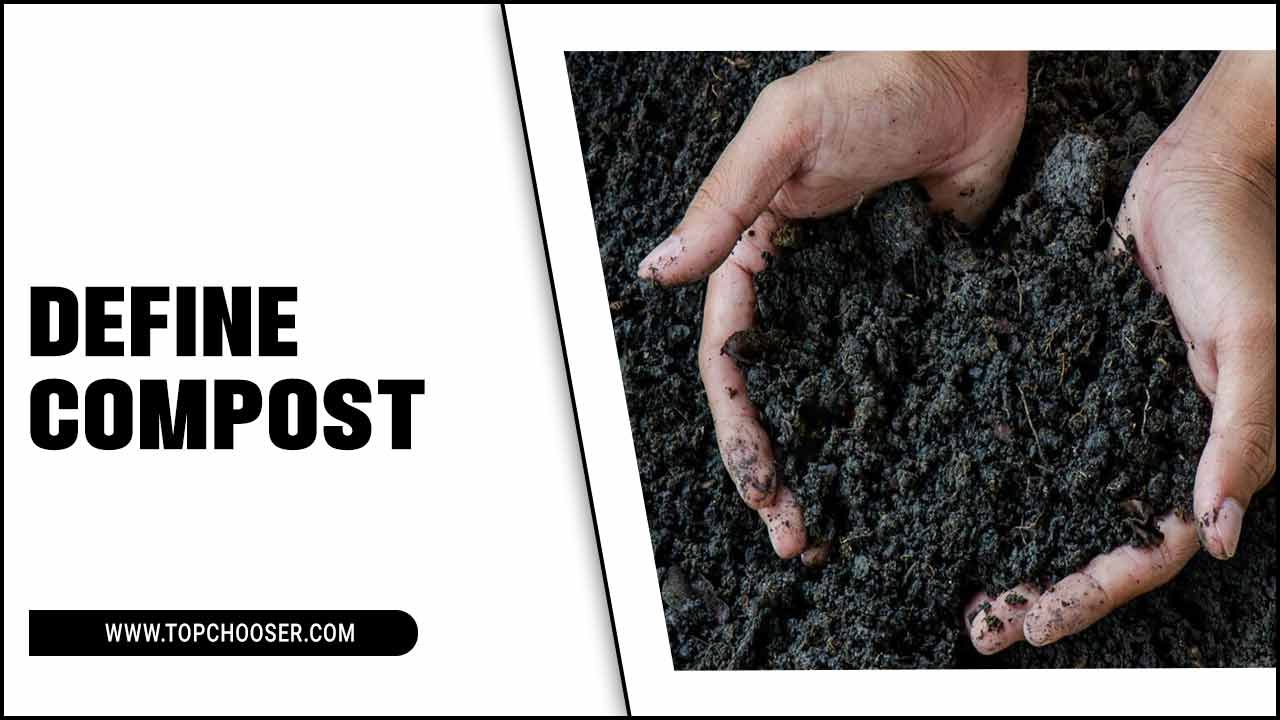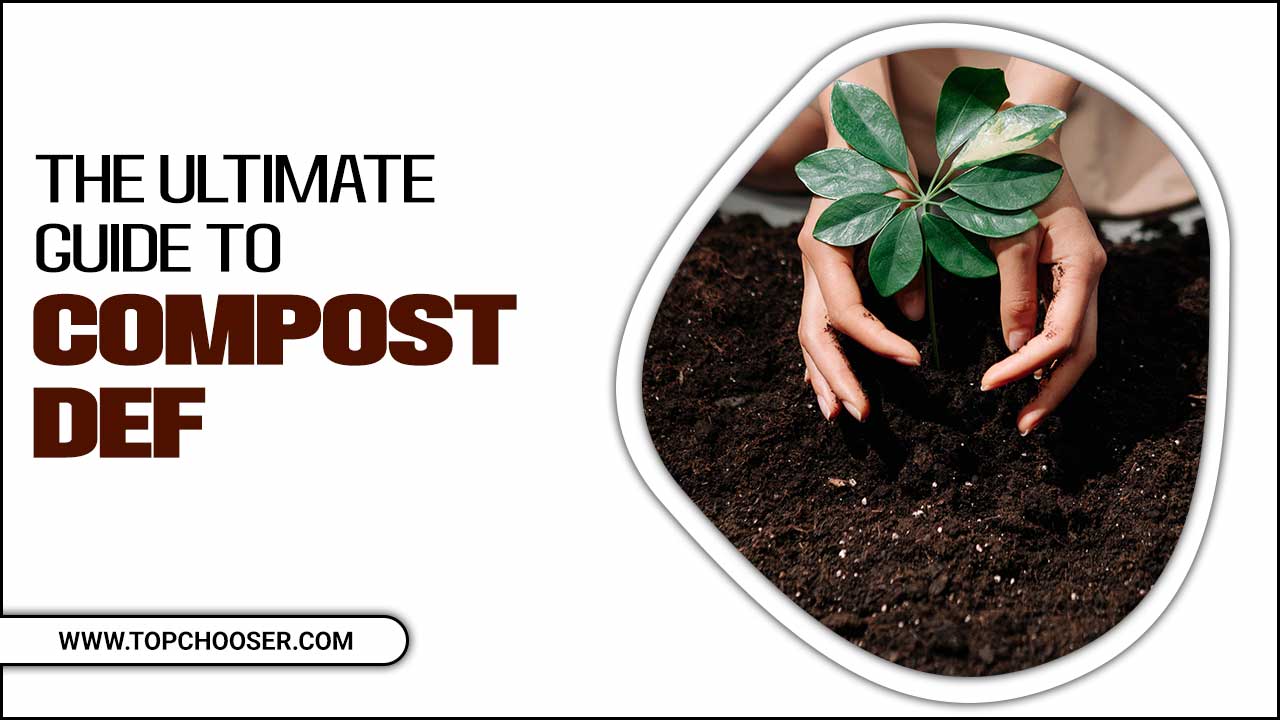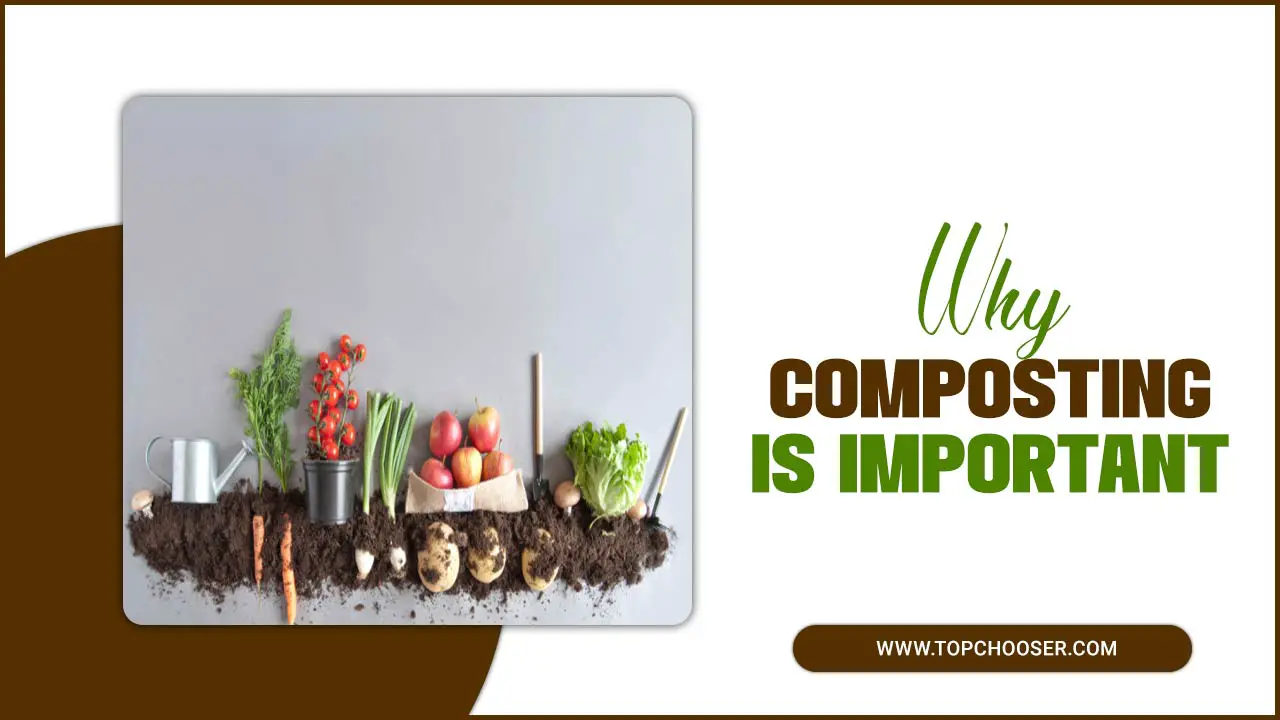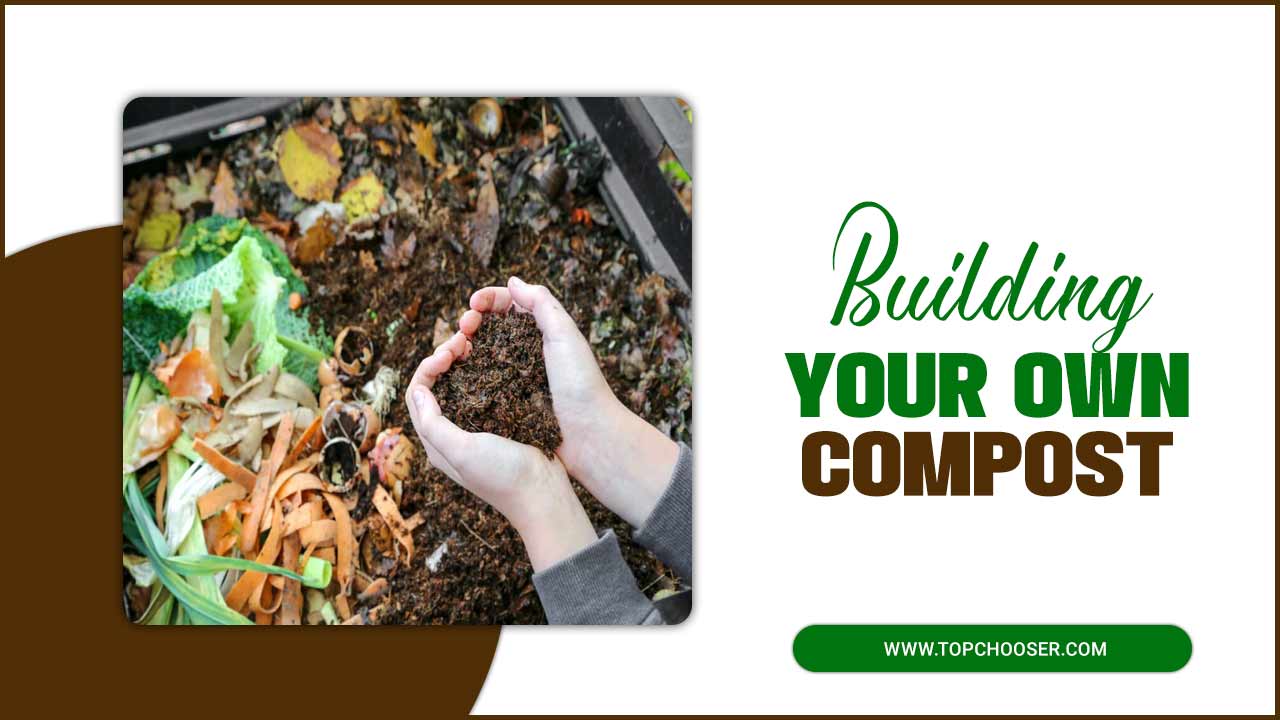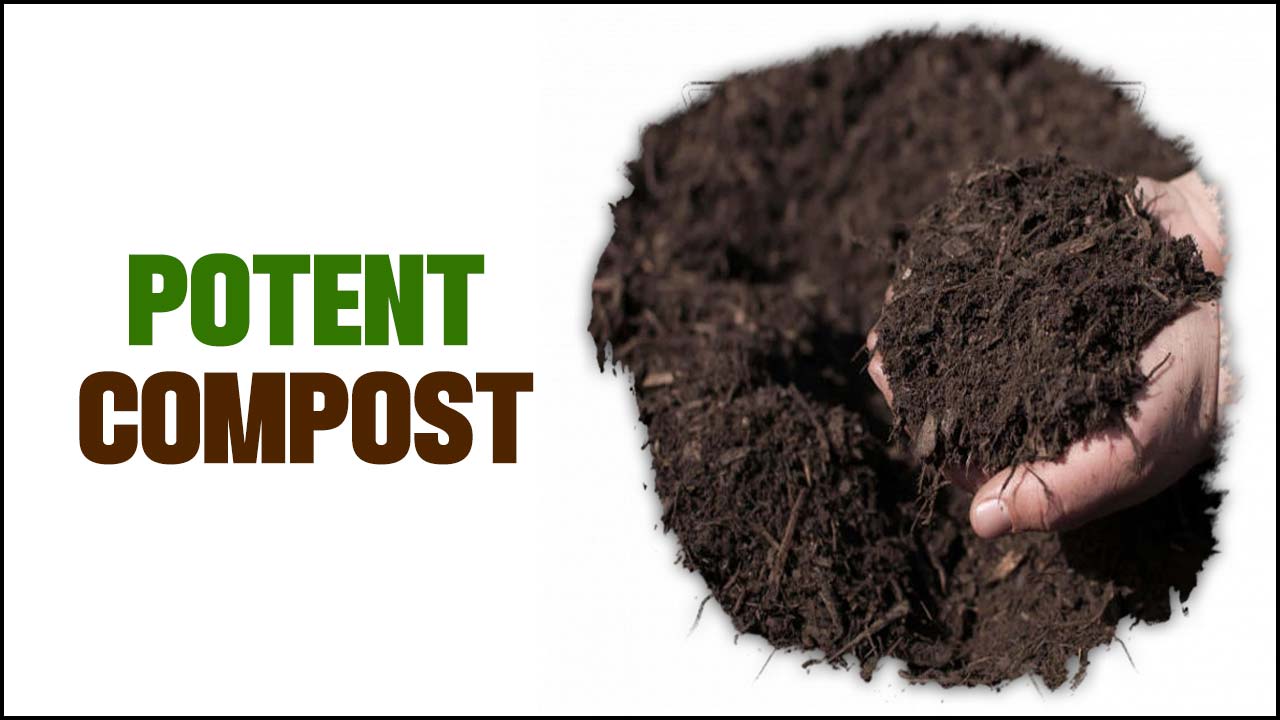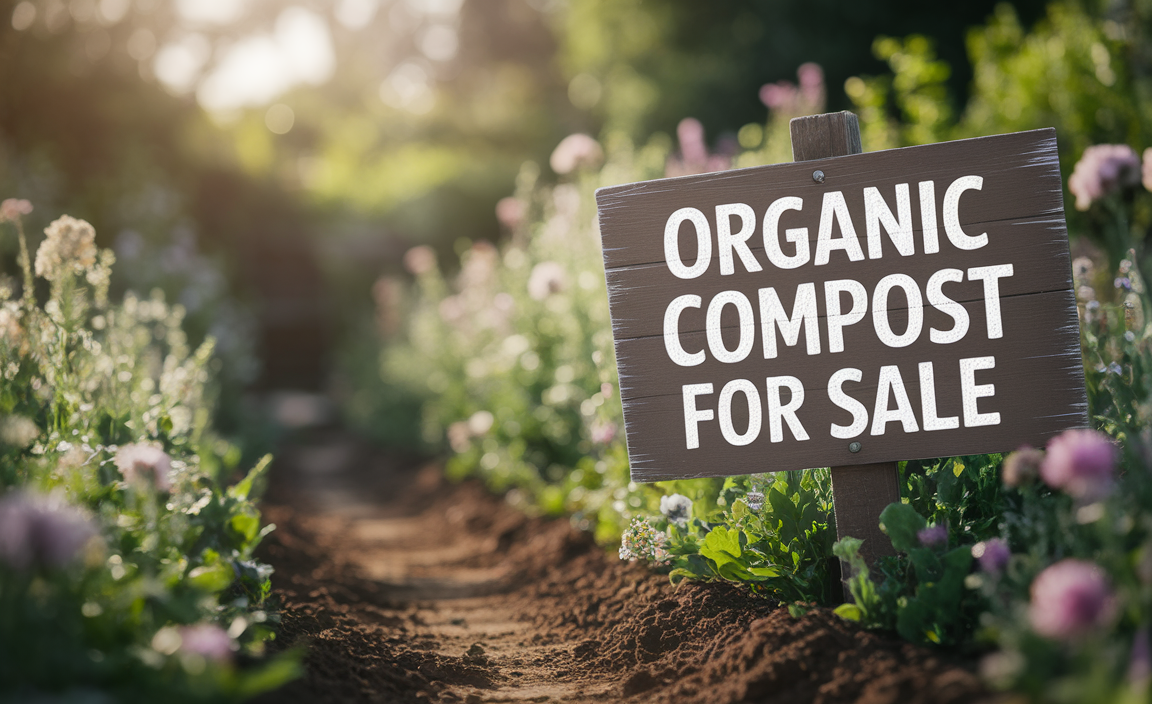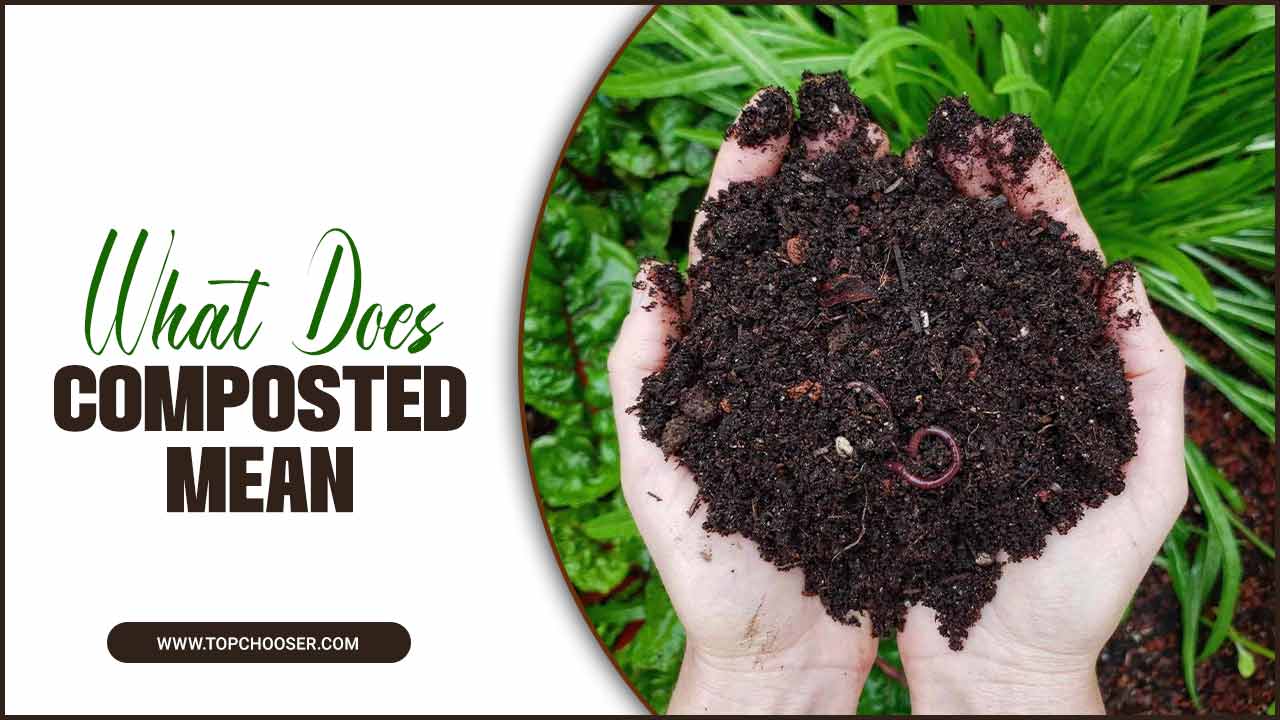Compost ingredients are organic materials that can be broken down and transformed into nutrient-rich soil. They include kitchen scraps, yard waste, leaves, grass clippings, and coffee grounds.
For successful composting, balance carbon-rich “browns” and nitrogen-rich “greens,” and avoid adding meat, dairy, oily foods, or pet waste. Here we will provide a compost ingredients list and their uses to make composting easy.
Understanding the importance of each ingredient and how they contribute to the overall composition of your compost will help you create nutrient-rich soil for your plants. Prepare to transform your kitchen waste into valuable organic matter that can benefit your garden.
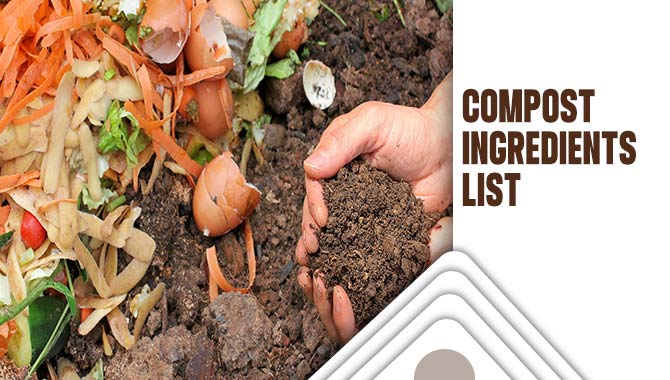
Compost Ingredients List And Their Use: 10 Easy Steps
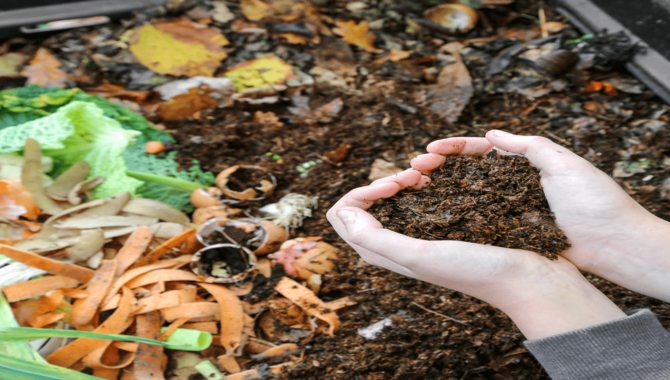
Understanding the importance of knowing compost ingredients is crucial when aiming to create a well-balanced and nutrient-rich compost pile. Being familiar with these ingredients optimizes the composting process and ensures optimal decomposition.
Nitrogen-rich ingredients, such as green waste and kitchen scraps, contribute essential nutrients for composting. At the same time, carbon-rich materials like dried leaves and wood chips provide valuable carbon to the compost pile. Here we give compost ingredients list
1. Carbon-Rich Ingredients
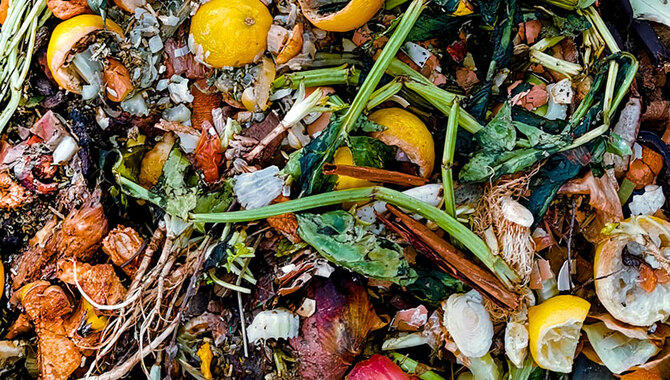
Carbon-rich ingredients, also known as browns, are essential for composting. They provide the necessary carbon to maintain a balanced carbon-to-nitrogen ratio in the compost pile. Incorporating these materials ensures proper aeration and decomposition.
Shredding or chopping larger carbon-rich materials can speed up the breakdown process, resulting in nutrient-dense compost fertilizing plants. Adding carbon-rich ingredients can create an eco-friendly solution for recycling organic matter and reducing waste.
2. Nitrogen-Rich Ingredients
Nitrogen-rich ingredients, also known as “greens,” play a crucial role in composting. These ingredients provide essential nutrients and microorganisms that break down organic matter. Nitrogen-rich ingredients include fresh grass clippings, kitchen scraps like fruit and vegetable peels, coffee grounds, and manure from herbivores such as cows or rabbits.
Incorporating these nitrogen-rich materials into your compost pile helps speed the decomposition process and provides important microorganisms that break down the organic matter. This creates nutrient-rich compost that can be used as a natural fertilizer in your garden.
3. Dried Leaves
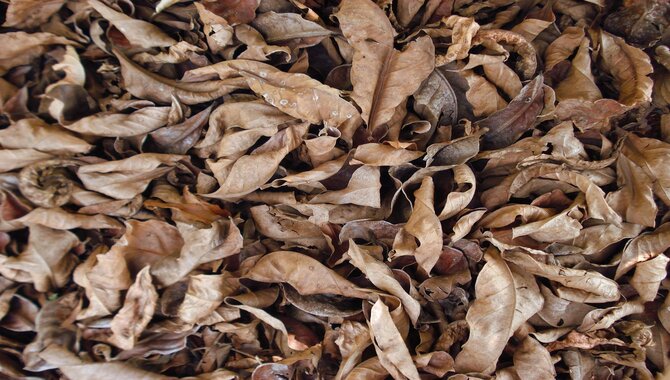
Dried leaves, also known as brown material, are essential for composting. They balance nitrogen-rich materials and expedite decomposition when shredded or chopped. Avoid using walnut or eucalyptus leaves as they contain chemicals that inhibit composting.
Dried leaves provide bulk, create air pockets, retain moisture, and prevent excessive drying in the compost pile. Incorporating dried leaves into your routine ensures an effective breakdown of organic matter and nutrient-rich finished compost.
4. Grass Clippings
Grass clippings, with their high nitrogen content, are essential in composting. Incorporating them into your compost pile in thin layers ensures proper airflow and prevents the clippings from matting. While adding grass clippings, it is crucial to ensure that they have not been treated with herbicides or pesticides.
To maintain a balanced compost pile, it is recommended to mix the grass clippings with other organic materials like leaves or shredded paper. This mixture provides diverse nutrients and aids in the decomposition process. Another benefit of grass clippings is that they can be used as a mulch around plants, serving as a natural weed suppressant and helping retain soil moisture.
5. Coffee Grounds
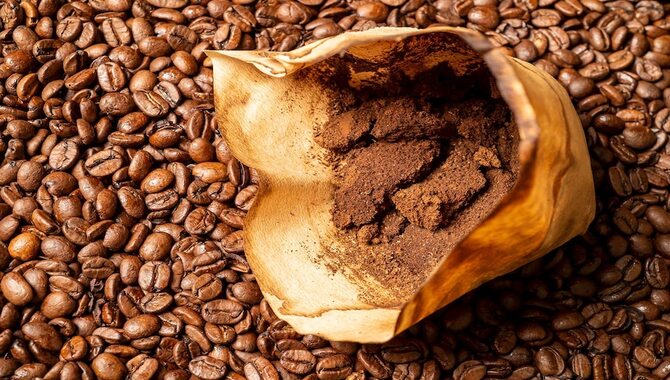
Adding coffee grounds to compost boosts nitrogen content and enhances decomposition. These organic materials enrich the compost with valuable nutrients. Properly mixing coffee grounds with other ingredients ensures even distribution, improved airflow, and efficient decomposition. Adding them in moderation prevents slowing down the composting process. Incorporate coffee grounds into your routine for nutrient-rich compost that promotes healthy plant growth.
6. Fruit And Vegetable Scraps
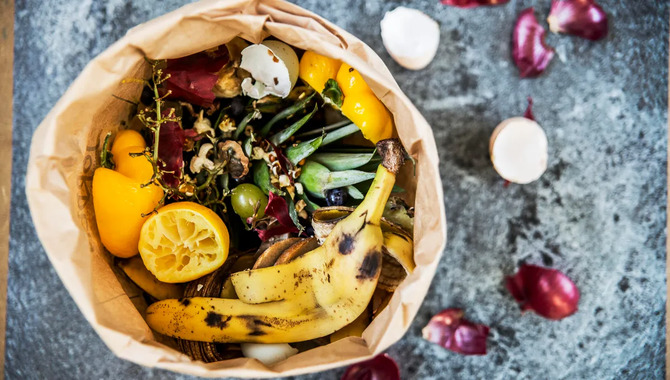
Fruit and vegetable scraps are excellent compost ingredients that add vital nutrients. Avoid meat and dairy products as they attract pests and create odors. Chop larger scraps to speed up decomposition. Adding these scraps creates a balanced mix of coffee grounds, tea bags, and kitchen scraps for optimal composting. Mix with dried leaves, shredded cardboard, or twigs. Regularly turn the compost to promote breakdown.
7. Manure
Manure, derived from animals like cows, horses, or chickens, is a crucial compost ingredient due to its nutrient-rich composition. Adding manure to your compost pile or bin helps balance nitrogen-rich green material and carbon-rich brown material.
As it provides essential nitrogen, manure accelerates the decomposition process, ensuring the breakdown of organic matter into nutrient-rich finished compost. To avoid any potential harm, it is recommended to use well-aged or composted manure to prevent the introduction of harmful pathogens. By mixing manure with other organic materials like leaves or kitchen scraps, gardeners can achieve a well-balanced compost mixture for optimal plant growth.
8. Eggshells
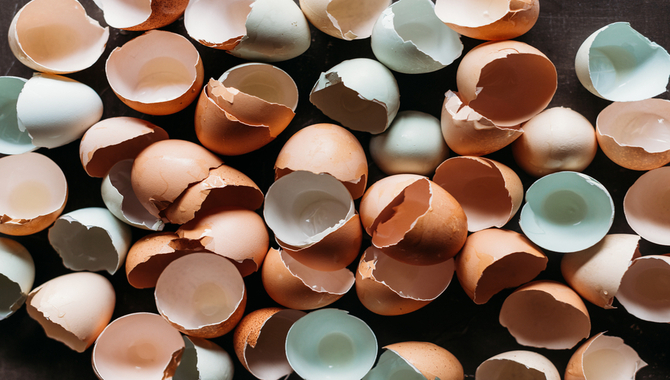
Eggshells are a valuable ingredient to incorporate into your composting routine. These shells, rich in calcium, provide essential nutrients that support plant growth and help prevent diseases like blossom end rot. Crushed eggshells also provide a natural deterrent to pests such as slugs and snails, safeguarding your precious plants.
When using eggshells in composting, thoroughly rinse them to remove any residual egg material and allow them to dry. Once dry, crush the eggshells into small pieces and add them to your compost pile or bin. While eggshells can take longer to break down than other organic matter, finely crushing them can accelerate decomposition, ensuring they contribute effectively to your compost.
9. Sawdust
Sawdust is an excellent carbon-rich ingredient for composting that helps balance the nitrogen-rich materials in the compost pile effectively. It can be sourced from untreated wood products in sawmills or construction sites. Clean sources without chemicals or treated wood are preferred.
Incorporating small amounts of sawdust into the compost pile ensures proper airflow and prevents material compaction. This facilitates decomposition by enabling microorganisms to break down organic matter efficiently. Sawdust is an eco-friendly addition to your composting process, improving its effectiveness and producing nutrient-rich finished compost for your gardens.
10. Shredded Cardboard
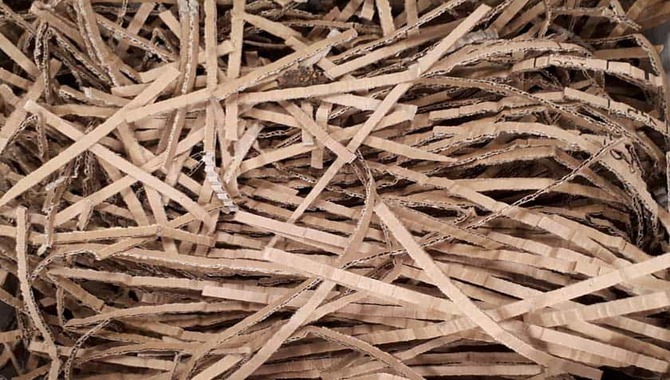
Shredded cardboard is an excellent ingredient for composting. It optimizes aeration by creating air pockets in the compost pile. To make the most of shredded cardboard, ensure it is cut into small pieces and added to the compost pile along with kitchen scraps, yard waste, and other organic materials.
Avoid using glossy or colored cardboard as they may contain harmful chemicals. Adding shredded cardboard can speed up decomposition and produce nutrient-rich humus for your garden, promoting sustainability and nourishment for your plants.
Biosolids – A Perfect Substrate For Growing Plants
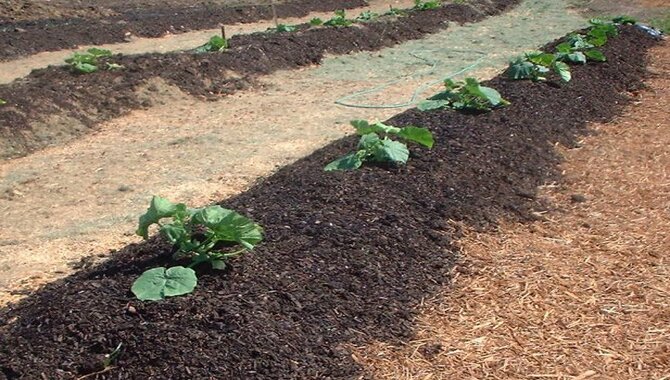
Biosolids, a perfect substrate for growing plants, are the organic material produced during sewage and wastewater treatment. These nutrient-rich biosolids make an excellent addition to compost, providing essential nourishment for plant growth.
Incorporating biosolids into your compost helps enhance soil structure and improve water-holding capacity, creating an optimal environment for plants to flourish. Only use properly treated biosolids that meet regulatory standards to ensure safety and efficacy in the composting process. With biosolids enriching your compost, you can nourish your plants and promote healthy growth.
Compostable Plastics – Breaking Them Down Into Compostable Material.
Compostable plastics, made from plant-based materials, can decompose and turn into compost. In a composting environment, they break down in specific conditions, like heat and moisture. To ensure their compostability, look for certification on packaging or labels. These plastics add organic matter to the compost pile, enriching the soil. Use them wisely with kitchen scraps and yard waste to optimize the composting process.
Compostable Paper – Made From Plant-Based Materials
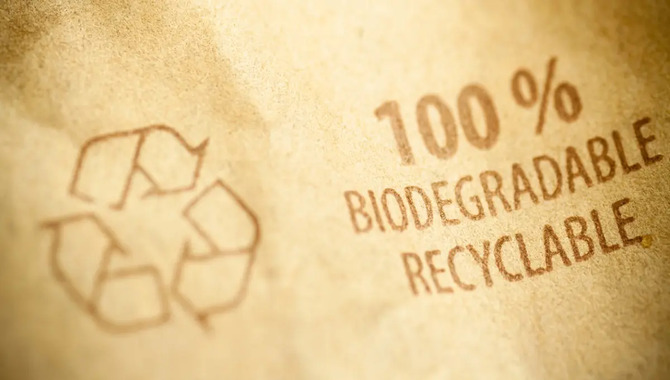
Adding compostable paper from plant-based materials to your compost pile is a great way to balance nitrogen-rich kitchen scraps with carbon-rich materials. Examples of compostable paper include shredded newspaper, cardboard, and coffee filters.
These materials break down quickly in the compost pile, contributing valuable nutrients to the finished compost. The compostable paper also adds organic matter, improving the overall quality of your compost. Just be cautious to avoid using glossy or coated paper, as they may contain chemicals unsuitable for composting. Including compostable paper in moderation alongside other organic materials will help create nutrient-rich soil for your plants to thrive.
Conclusion
To achieve successful and efficient composting, it is essential to have a thorough understanding of the correct compost ingredients. Each ingredient serves a specific purpose in the decomposition process and contributes to the overall quality of the compost. Carbon-rich materials like dried leaves and shredded cardboard provide structure and help balance the carbon-to-nitrogen ratio.
Nitrogen-rich ingredients such as grass clippings and fruit scraps provide essential nutrients that promote microbial activity and accelerate decomposition. Following the compost ingredients list in this blog, you can create nutrient-rich compost that will enrich your garden soil and reduce waste. Composting is a simple yet impactful way to contribute to environmental sustainability. It reduces landfill waste, minimizes greenhouse gas emissions, and conserves valuable resources.
Frequently Asked Questions
1.What Are The Best Ingredients For A Compost Bin?
Ans: Use kitchen scraps (fruits, vegetables, coffee grounds), yard waste (leaves, grass clippings), and shredded paper for a successful compost bin. Avoid meat, dairy, and oily foods. Maintain a balance of green (nitrogen-rich) and brown (carbon-rich) materials.
2.What Should Not Be Put In Compost?
Ans: To maintain a healthy compost pile, avoid adding meat, fish, dairy products, or oils to avoid attracting pests and causing odors. Also, avoid including pet waste, weeds with seeds, invasive plants, treated wood, and coal ash to prevent the spread of pathogens and chemicals in your compost.
3.What Can You Compost Chart?
Ans: You can compost organic materials like fruit and veggie scraps, coffee grounds, tea leaves, eggshells, yard waste, and shredded paper. Avoid composting meat, dairy, oily foods, pet waste, and diseased plants.
4.Can You Compost Banana Peels?
Ans: Yes, banana peels can be composted as they are nutrient-rich and decompose easily. To speed up the process, chop or cut them into smaller pieces.
5.Which Compost Ingredients Make The Best Compost?
Ans: The best compost comprises green (nitrogen-rich) and brown (carbon-rich) ingredients. Use kitchen scraps, grass clippings, fresh plant trimmings for greens, and dry leaves, straw, and shredded paper for browns.

I am passionate about home engineering. I specialize in designing, installing, and maintaining heating, ventilation, and air conditioning systems. My goal is to help people stay comfortable in their homes all year long.

